 If you’re one of the more than 4 million self-employed workers in the UK, you might enjoy many benefits. Flexible working hours, being your own boss, and having control of your destiny are all great reasons to set up your own business.
If you’re one of the more than 4 million self-employed workers in the UK, you might enjoy many benefits. Flexible working hours, being your own boss, and having control of your destiny are all great reasons to set up your own business.
However, when it comes to getting a mortgage, self-employment can sometimes feel like a disadvantage. Indeed, new research reported by This is Money suggests that self-employed individuals are twice as likely to be rejected for a mortgage.
Read on to find out more, and for some practical tips that can boost your chances of getting a self-employed mortgage.
1 in 4 self-employed workers have had a mortgage application rejected
According to new research, almost 1 in 4 (23%) of self-employed individuals have had their mortgage application denied in the past, compared to just 12% of employed workers.
The survey also found that of those who have ever tried to get a mortgage, 1 in 5 (19%) self-employed applicants have had mixed results of whether their application was accepted or denied, compared to just 11% of employed individuals who said the same.
The study suggests that, if you’re a self-employed worker, you’ll find it more difficult when it comes to securing the mortgage you need.
Often, this will be because you will have to provide more evidence to prove your earnings and the affordability of the loan. While an employed person may have to provide three months of payslips, as a self-employed person you might have to share two or three years of accounts and tax returns.
This can make it more challenging if you have recently become self-employed.
Despite the challenges facing business owners and freelance workers, there are many lenders in the market who are keen to lend to self-employed individuals. So, here are four tips that can help you secure the mortgage you need if you work for yourself.
1. Save a larger deposit
During the pandemic, many lenders reduced the maximum loan-to-value that they would offer to self-employed borrowers. Banks and building societies were concerned about a fall in income for many individuals during periods of lockdown where trading was restricted.
Since then, many lenders have eased their restrictions and now apply the same criteria to both employed and self-employed applicants.
If you can save a larger deposit, you will increase the range of mortgage products (and lenders) you can access. So, even saving an additional 5% to increase your deposit from 10% to 15% will widen your options.
2. Maintain a good credit rating
Most lenders will undertake a credit check when you apply for a mortgage. So, the better your credit file, the more likely it is that you’ll secure the mortgage you need.
Make sure you pay any loans, bills, or regular commitments on time and that you’re on the electoral roll at your current address.
Missed or late payments on loans or credit cards, or issues such as defaults or County Court Judgements (CCJs) can make it much harder to find a lender prepared to agree your mortgage.
3. Be prepared
If you’re self-employed, a lender will require certain documents from you to support your mortgage application. These will differ from lender to lender, but you can help your application succeed by being prepared and having all documents to hand. These might include:
- Two or more years’ certified accounts. Ideally, these will have been prepared by a qualified, chartered accountant
- Tax Calculations from HMRC for the past two or three years (previously called SA302 forms)
- 6 months’ business bank statements. It will help if you can show that your account has been maintained well – in credit or within your overdraft – and that your account shows healthy credits and balance
- Your most recent one or two contracts (if you are a contractor).
You may also have to provide personal bank statements. Again, make sure that these are as good as they can be. Issues such as deposits to gambling companies or payments to “payday loan” lenders could be red flags to a lender.
4. Work with an expert who understands how lenders assess income
Lenders treat self-employed applicants in a range of ways. Whether you’re a sole trader, you own a 25% stake in a large business, or you’re a freelancer or contractor, each bank and building society will treat you differently.
For example:
- Some lenders will only use your salary and dividends and base the maximum borrowing on these.
- Others will include any “retained profits” or share of any profits you’re entitled to as a shareholder in addition to your salary and dividends. This can significantly boost your borrowing potential.
- Some lenders will use the value of any contract you have (if you are a contractor).
If you approach a lender directly, they will tell you how much they can lend. However, other lenders in the market might be able to offer significantly more because they approach your income in a different way.
When we meet self-employed clients, we always consider all three ways of measuring income (as above). By doing this can we get you both the amount you need to borrow and the most competitive deal available.
Get in touch
If you’re self-employed, you’re a contractor, or you own more than a 20% or 25% share in your business, we can help you to borrow the amount you need.
We specialise in working with business owners and self-employed workers, so please get in touch to find out more. Email [email protected] or call us on +44 (0) 20 3411 0079.
Alternatively, download our comprehensive guide to self-employed mortgages for useful tips and information.




